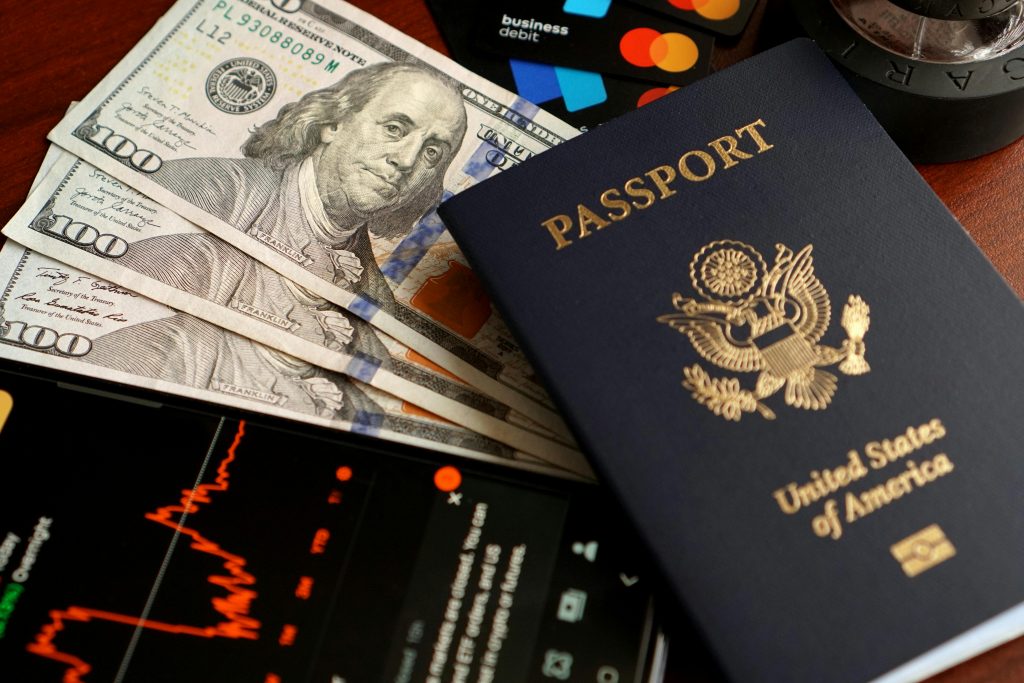Traveling through Europe is a dream for many, but it can seem expensive if you don’t plan carefully. The good news? You don’t need a huge budget to enjoy the rich history, beautiful cities, and amazing culture Europe offers. With smart planning and a few money-saving tricks, you can explore Europe without breaking the bank. This article will guide you through everything you need to know about how to travel Europe on a budget.
Plan Your Trip in Advance

One of the best ways to save money on your trip is to plan early. This includes booking flights, accommodations, and major transport ahead of time. Early bookings often come with big discounts or cheaper prices. Also, researching free or low-cost activities in the cities you want to visit can help you create a budget-friendly itinerary.
If you’re wondering how to plan a trip to Europe, start by making a list of must-see places, then check the best travel deals to get there. Keep your plans flexible so you can take advantage of last-minute offers or cheaper travel days.
Choose Budget-Friendly Destinations
Not all European cities are equally expensive. Western Europe, especially cities like Paris, London, and Zurich, tends to be pricier. Instead, consider visiting Eastern European cities like Budapest, Krakow, or Sofia. These places offer rich culture and history but at a much lower cost for food, accommodation, and activities.
Travel Cheaply
Getting around Europe doesn’t have to be expensive. Here are some budget-friendly ways to travel:
- Use buses and budget trains: Companies like FlixBus and Eurolines offer cheap bus tickets connecting many European cities. Budget trains can also be affordable, especially if you buy passes or tickets in advance.
- Book budget airlines: Airlines like Ryanair, EasyJet, and Wizz Air offer very low fares between European cities. Just watch for extra fees and be flexible with your travel dates.
- Consider rideshares: Apps like BlaBlaCar let you share rides with locals going the same way. This can be cheaper and a great way to meet people.
Find Affordable Accommodation

Accommodation costs often take a large part of a travel budget, but there are many ways to save:
- Hostels: These are perfect for budget travelers and often have private rooms if you prefer more privacy. They are great places to meet fellow travelers too.
- Budget hotels and guesthouses: Look for smaller hotels or family-run guesthouses, which can be cheaper and offer a local feel.
- Airbnb or vacation rentals: Renting a room or apartment can be cost-effective, especially if you plan a longer stay or want to cook some of your meals.
- Couchsurfing: If you’re adventurous, this community allows you to stay with locals for free. Just make sure to check reviews and communicate well.
Eat Like a Local
Eating out in tourist hotspots can quickly add up. Save money by:
- Buying food at local markets or grocery stores. You can prepare your own meals or grab fresh, inexpensive snacks.
- Trying street food and local fast food options. Many European cities have delicious and affordable street food.
- Eating where locals eat. Avoid restaurants near major tourist spots; instead, look for small cafes or family-owned eateries off the beaten path.
Take Advantage of Free and Cheap Activities
Europe offers many free or low-cost activities that are both fun and educational:
- Museums and galleries often have free entry days or discounted tickets for students and young travelers.
- Walking tours, sometimes offered free or for tips, are great to explore a city’s history and culture.
- Parks, gardens, and public beaches provide beautiful spots to relax without spending money.
- Festivals and local events are often free to attend and give you a chance to experience local culture.
Save on Communication and Connectivity
Staying connected while traveling can be costly, but you can keep expenses low:
- Buy a local SIM card or use an international plan to avoid roaming charges.
- Use free Wi-Fi in cafes, hostels, and public areas for internet access.
- Download travel apps and offline maps to help navigate without using data.
Pack Smart and Travel Light
Avoid extra baggage fees by packing only what you need. Travel with a carry-on bag to save money on flights and make moving between cities easier. Carrying less means you won’t have to wait for checked luggage, giving you more freedom and less hassle.
Choose versatile clothing that works in different weather conditions. Pack layers like t-shirts, sweaters, and a light jacket so you can stay comfortable whether it’s warm or cool. This helps you avoid buying new clothes while traveling, saving money and space in your bag.
Don’t forget essentials like a good pair of walking shoes. You’ll likely do a lot of exploring on foot, so comfortable shoes are a must. Packing smart and light makes your trip smoother, cheaper, and more enjoyable.
Be Flexible and Open-Minded
Being flexible with your travel dates, destinations, and plans can save you a lot of money. If you can adjust your schedule by a few days, you might find cheaper flights, trains, or accommodation. Last-minute deals sometimes offer great discounts that aren’t available if you book too early or stick rigidly to a plan.
Staying open-minded also helps you enjoy new experiences that weren’t part of your original itinerary. You might discover free local events, affordable street food, or hidden gems that don’t cost much but make your trip memorable. Being willing to change plans or try something different can turn your budget trip into an adventure full of surprises and savings.
Use Public Transportation and Walk Whenever Possible
Public transportation in Europe is often reliable, efficient, and affordable. Instead of renting cars or taking taxis, use buses, trams, and trains to get around cities and between destinations. Many cities also offer day passes or travel cards that save you money if you use public transport multiple times.
Walking is another great way to save money and see more of the local culture. Many European city centers are compact and walkable, so exploring on foot lets you discover hidden spots and enjoy your surroundings without spending extra.
Final Thoughts
Traveling Europe on a budget is absolutely possible with smart planning and careful choices. By picking affordable destinations, using cheap transport, finding budget accommodations, and enjoying local food and free activities, you can make the most of your trip without overspending. Remember, how to plan a trip to Europe well is just as important as what you do there. With these tips, your European adventure will be both memorable and budget-friendly.




